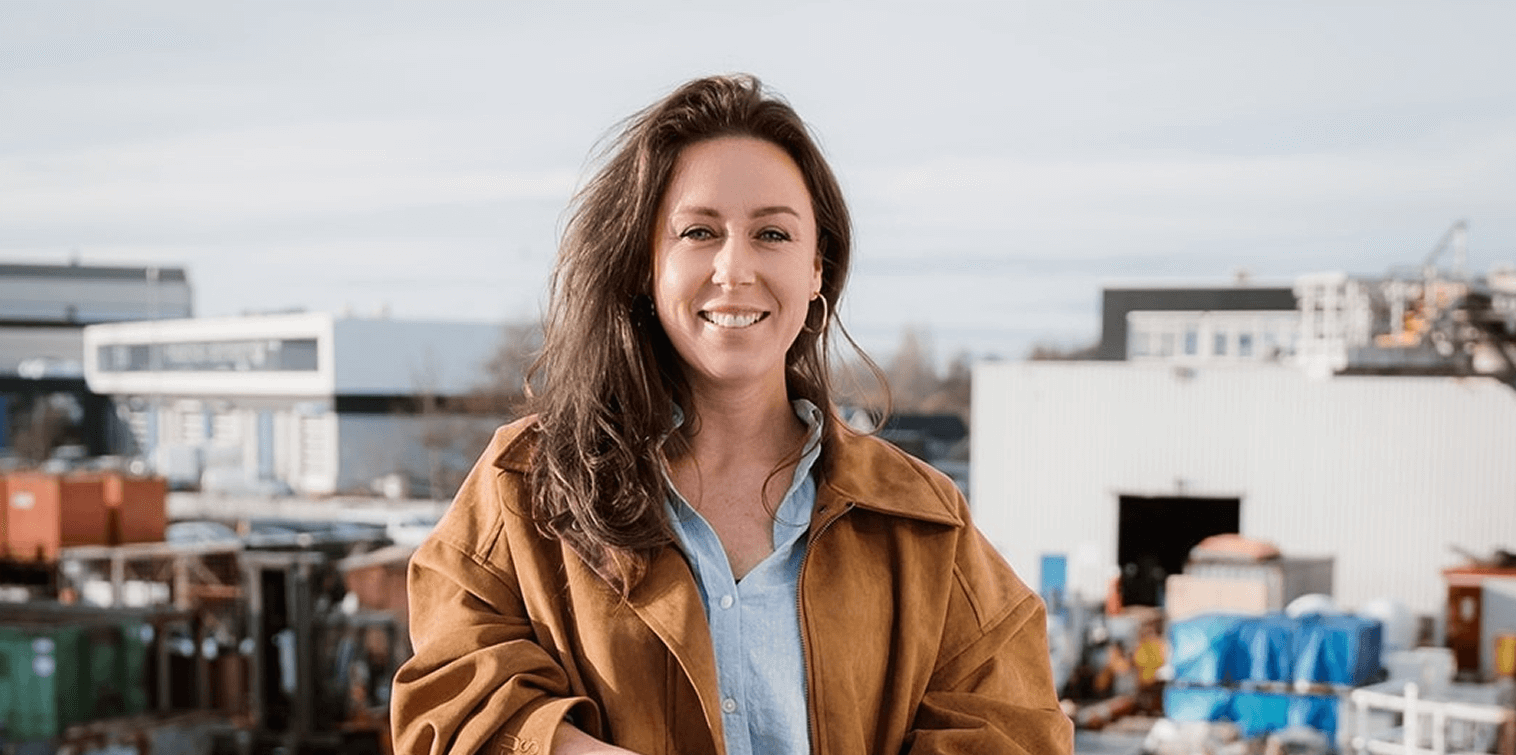Rapid digital developments water taxis
 Credit: Iris van den Broek
Credit: Iris van den Broek
Room for testing and demonstration
Flying Fish makes good use of the space for experimentation that Rotterdam provides. “We’ve tested our sensor module in a water taxi on the Maas,” says Gerben. Would it work as expected? Would it still work underneath the Erasmus Bridge, when the signal drops for a moment? Watertaxi Rotterdam gave us the opportunity to build in something like this. The result is that we are now in the production phase, finally fitting sensor modules in all the water taxis. We’re rolling out the automation step by step throughout the river, so in that sense you could say that the whole Rotterdam stretch of the Nieuwe Maas is being used as a living lab. The digital water taxi network will ultimately also provide an app for Watertaxi Rotterdam customers. By 2022, people will be able to book a water taxi easily using their phones. We also want to integrate a payment system into the app.”
Rotterdam as a role model
“Rotterdam stands out from other maritime hubs,” adds Gerben, “because it’s the only city in Europe where water taxis operate demand driven. Sure, there’s transport by water in other European cities, but that’ll be a ferry that goes back and forth every hour, for example. Not like a Rotterdam water taxi, which a customer can order at any time during the day. There’s a similar sort of system in Venice, but it’s aimed specifically at tourists. That makes it too pricey for the locals, whereas the water taxis in Rotterdam are in fact intended for Rotterdam residents. On top of that, the water taxis provide connections between the city and places that aren’t so easy to get to by land. Plenty of places in the city can be reached much more quickly by the river than by land. RDM Campus, for instance, is a place that’s easy to get to using the water taxi. So the water taxi also has a major role in the links between the various areas in the city that have water in between them. Rotterdam is acting as a role model for other cities where there’s lots of water. Additionally, Watertaxi Rotterdam has made agreements with companies near the water that will let commuters get to and from their work more quickly, rather than having to queue up in traffic jams.”
Collaboration
The collaboration between Watertaxi Rotterdam and Flying Fish fits in seamlessly with the aims of the Rotterdam Maritime Capital of Europe network (RMCoE): using digitalisation with the aim of making the maritime sector efficient, sustainable and safe.
This is a network of companies, intermediaries, centres of expertise and regional authorities that are working on the world’s most complete and competitive maritime network. Everything is available and close by within a radius of thirty kilometres: industry, transhipment, shipping companies, manufacturers, financiers, insurers, transport, commodity dealers and shipbuilders, as well as high-tech start-ups, specialist training courses and innovative research centres. Having everything so close by makes cooperation easy. Appointments are set up quickly, and speed and quality subsequently result in a competitive advantage.
The hydrogen water taxi
On top of developing the digital water taxi network further, Flying Fish is busy designing the first hydrogen-powered water taxi in Rotterdam. A boat of this size being operated commercially entirely on this clean energy source is a world first! The hydrogen water taxi is being developed by the SWIM consortium with funding from the Municipality of Rotterdam, the Ministry of Infrastructure and Water Management and the Gieskes Strijbis Fund. “We’re focusing on designing the boat,” explains Johan, “together with ZEPP.solutions, another Delft startup. Enviu, a developer of innovative social ventures from Rotterdam, is tackling the project management. They are already involved in the joint venture between Watertaxi Rotterdam and the Port of Rotterdam that is aiming to create a hydrogen bunker station in Rotterdam’s port area.” Gerben is full of praise for the environment that Rotterdam has on offer for them. “A hydrogen-powered water taxi is new tech, which makes it complicated in terms of rules and regulations. But Watertaxi Rotterdam, the Municipality of Rotterdam and lots of others who are involved are pulling out all the stops to make this possible. An environment like this makes it possible for us to make these technological leaps forward. Rotterdam likes being the frontrunner in developments like this. And so do we. Together, we’re an innovative combination.”
2022
From January 2022 onwards, customers will be able to take hydrogen water taxis in Rotterdam. “The coronavirus hasn’t affected our planning,” says Johan. “The digital water taxi network should therefore be largely ready by then. But the nice thing about software is that you can improve it step by step and start using more and more functionality. We are setting this network up in a way that will let other maritime cities throughout the world adopt it simply. We’re currently in discussions with New York and Amsterdam, among others. It’s great that Rotterdam is the showcase and can be the role model for the whole maritime world.”
Shaping sustainable shipping: innovation, people and partnerships in Rotterdam
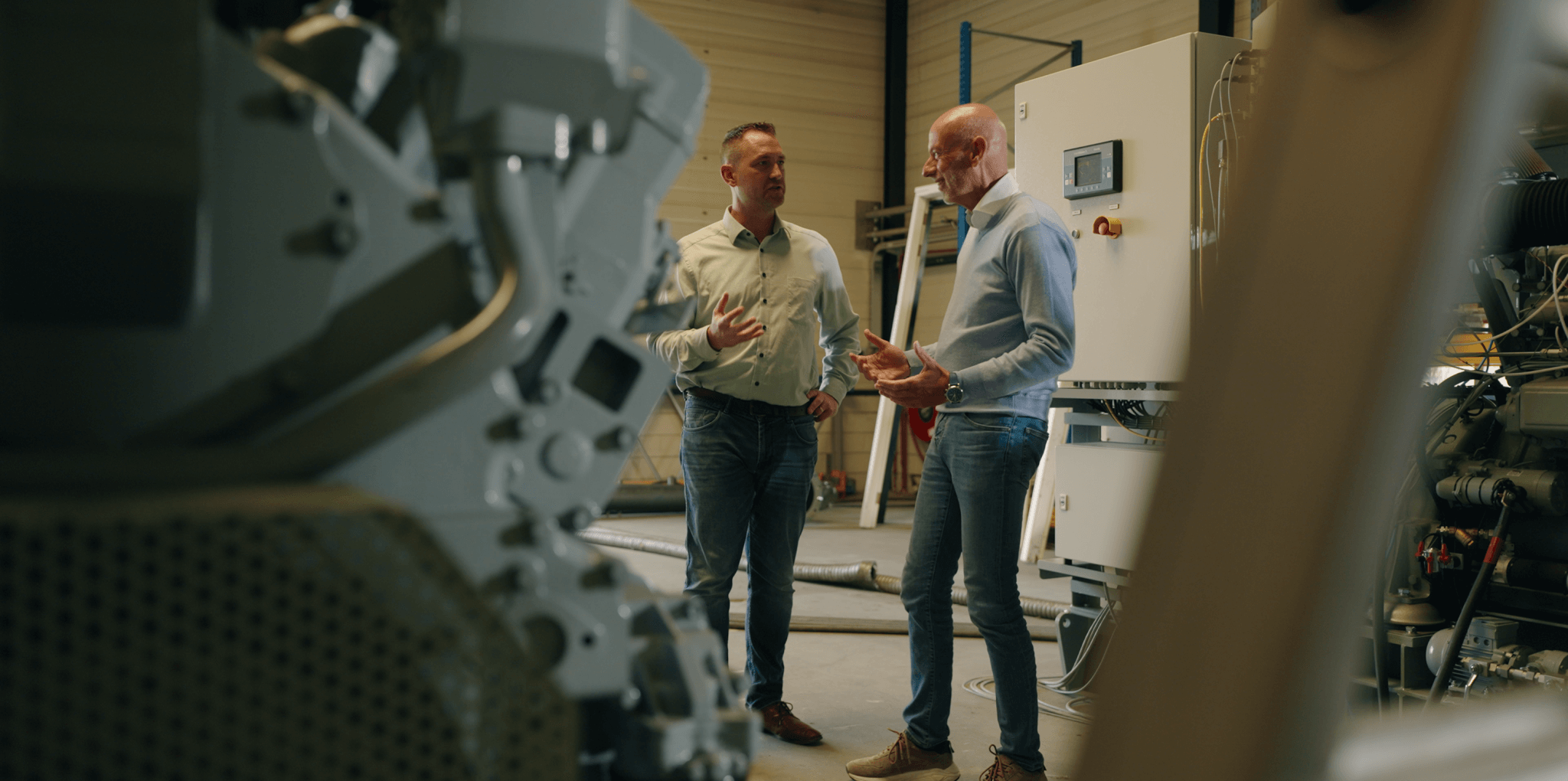

Charting her own course: Heleen Kornet on leadership, legacy and navigating a male dominated maritime world
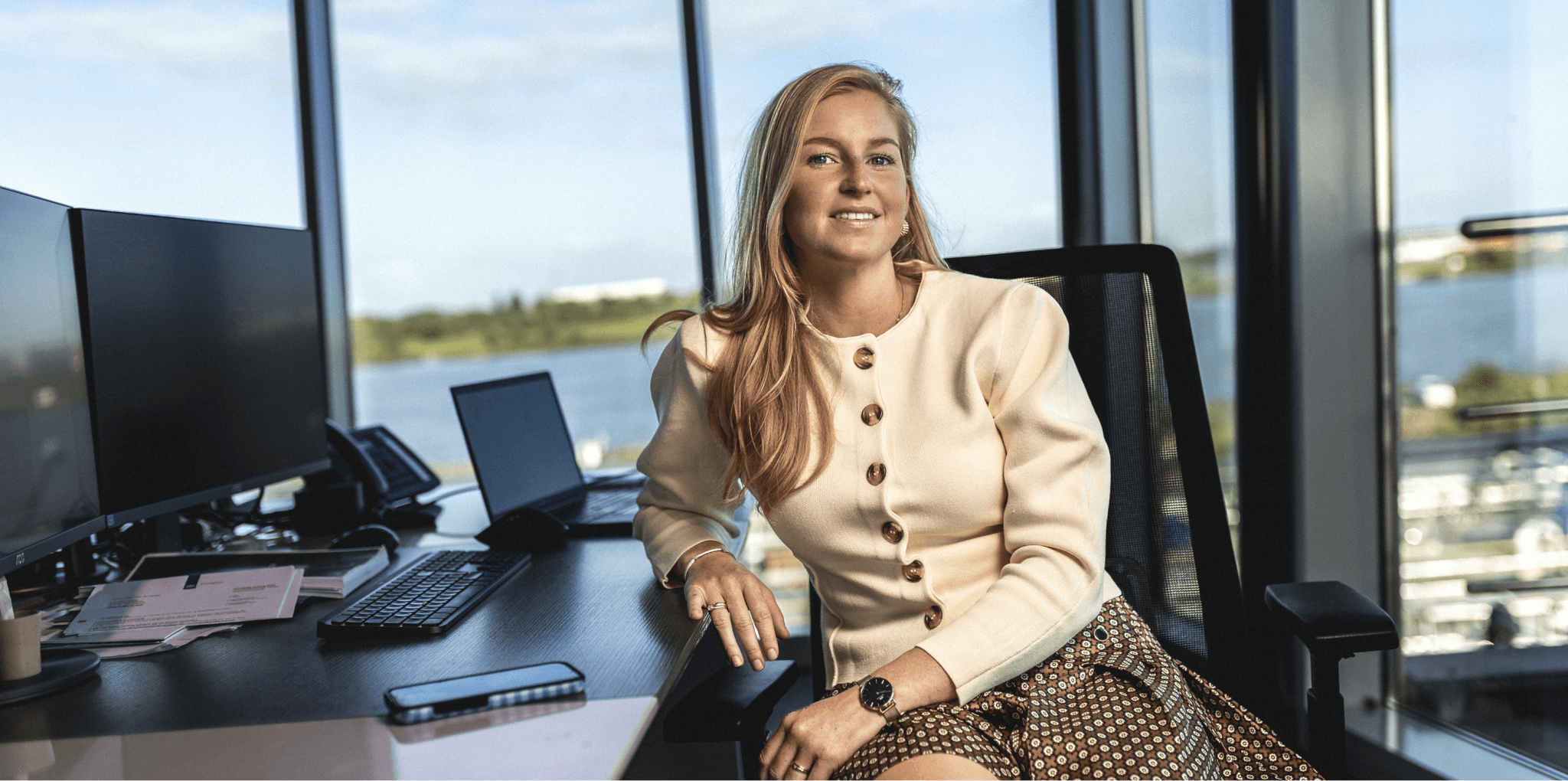

Innovating inland shipping: how Concordia Damen strengthens the maritime ecosystem from Werkendam to Rotterdam
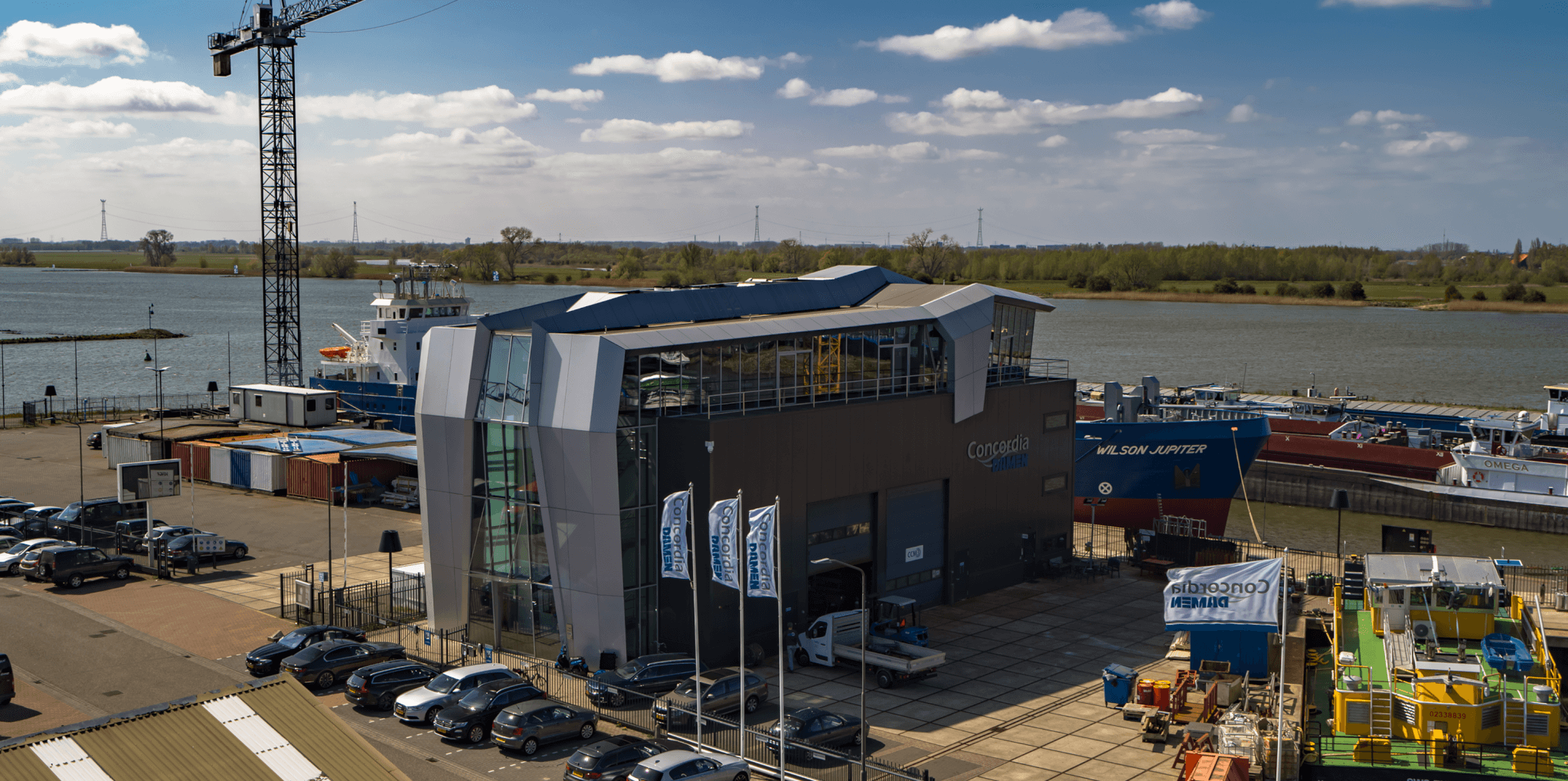

Building smart, specialised vessels: how Holland Shipyards Group turns customer questions into practical innovation
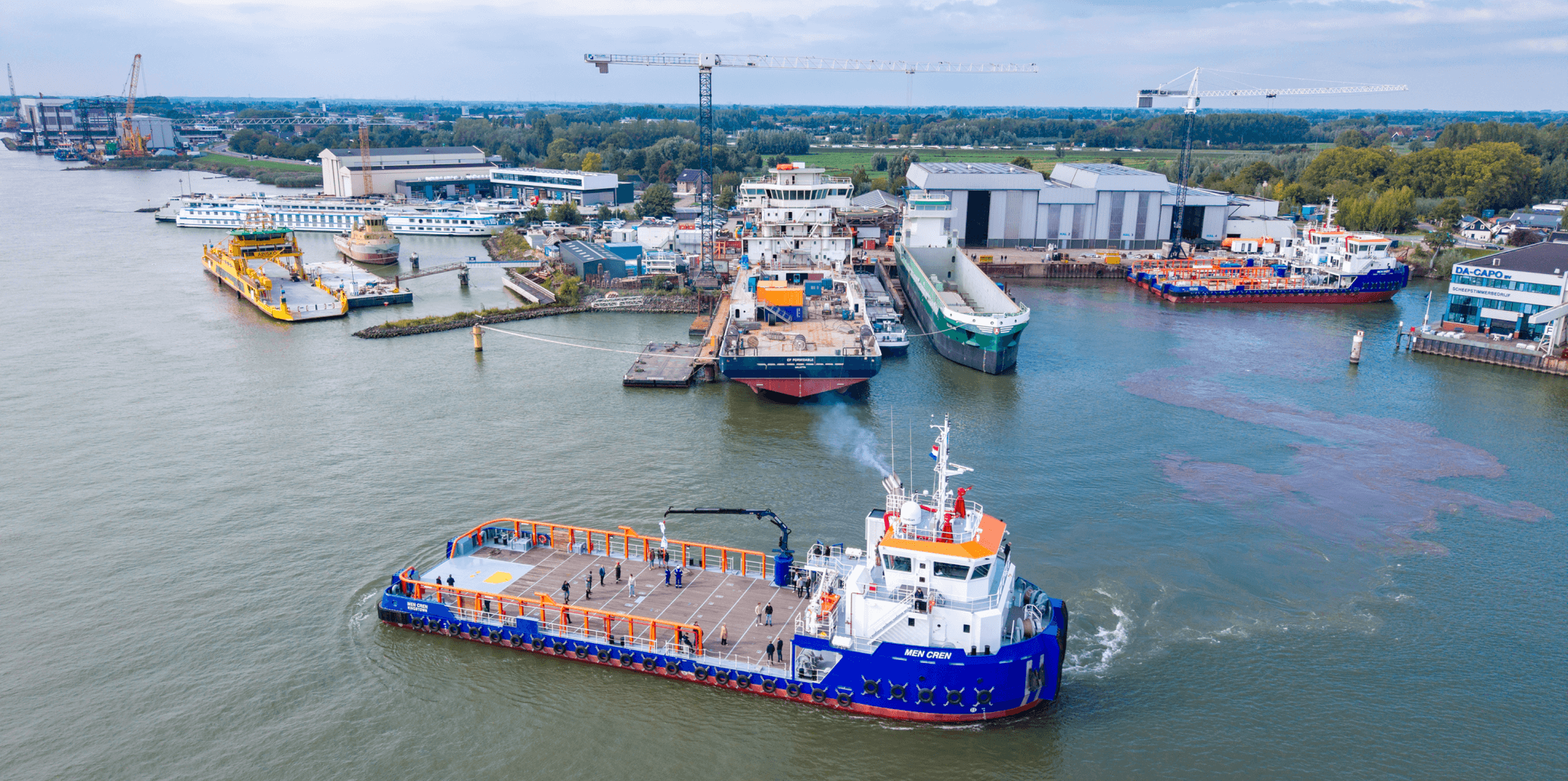

Working with trust and curiosity: Shanna van Berchum on building a career in the maritime industry
